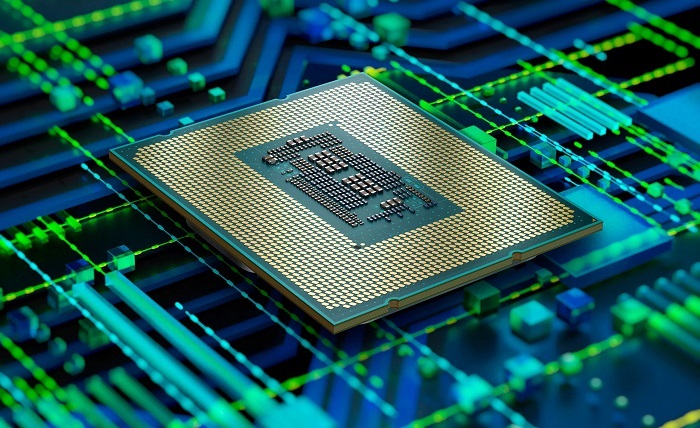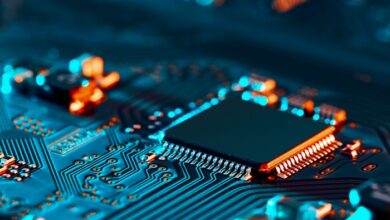Understanding the Importance of Processors in Modern Technology

What is a Processor and How Does it Work?
A processor, also known as a central processing unit (CPU), is the brain of a computer. It is responsible for executing instructions and performing calculations. The processor is a microprocessor chip that is located on the motherboard of a computer. It is connected to other components such as memory and storage through a system bus.
The processor is made up of transistors, which are tiny electronic switches that are used to process data. The number of transistors on a processor chip is used as a measure of its power and performance. The more transistors, the more powerful the processor is.
The processor’s clock speed, measured in hertz (Hz), determines how fast it can execute instructions. A higher clock speed means that the processor can execute more instructions per second. The number of cores, or independent processing units, also affects performance. A processor with multiple cores can execute multiple instructions at the same time, which is called parallel processing.
The processor also has a cache, which is a small amount of memory that is used to store frequently accessed data. This allows the processor to quickly access the data it needs without having to retrieve it from the main memory.
The processor communicates with other components through a system bus. The bus is a set of wires that connects the processor to the memory, storage, and other components. The bus can transfer data at a certain speed, measured in megahertz (MHz) or gigahertz (GHz). A faster bus can transfer more data per second, which can improve performance.
In modern technology, processors play a crucial role in almost all electronic devices, from smartphones to laptops to servers. The processor determines the device’s performance, power efficiency, and capabilities. A powerful processor allows for faster performance, better multitasking, and the ability to run more demanding applications.
For example, in smartphones, processors with multiple cores and high clock speeds allow for smoother multitasking and better performance when running resource-intensive apps like games. In laptops, processors with high clock speeds and multiple cores allow for faster performance when running demanding tasks such as video editing. In servers, processors with high clock speeds and multiple cores allow for better performance when handling multiple requests at the same time.
Conclusion:
In conclusion, processors are the brains of modern technology, they play a crucial role in the performance and capabilities of electronic devices. Understanding the basic concepts of processors such as clock speed, cores, and cache, will help you make an informed decision when purchasing a device. As technology advances, processors continue to get faster and more powerful, which allows for better performance and capabilities in modern electronic devices.
